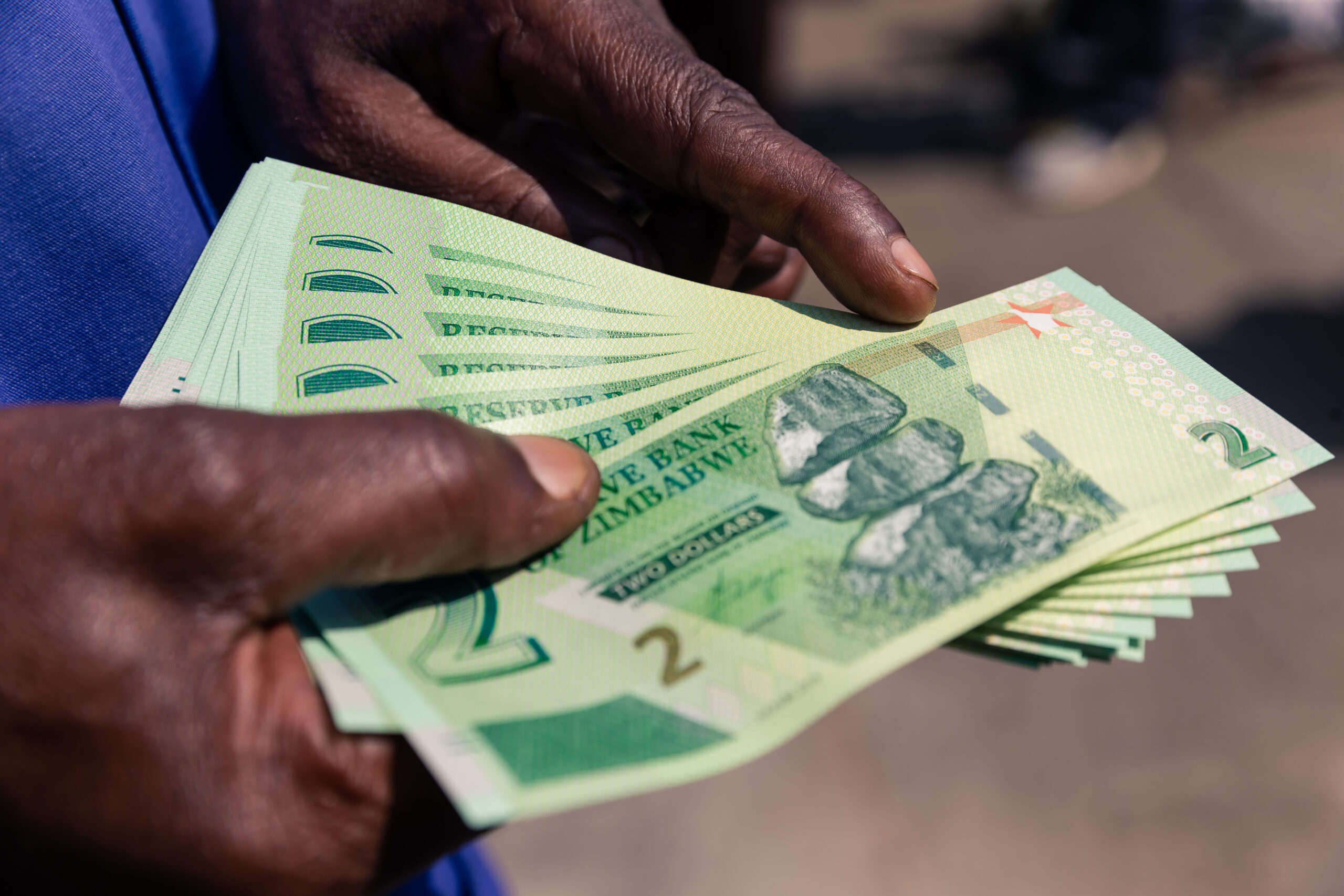Call to defend local currency as 2023 nears
ANALYSTS have cast doubt over the sustainability of foreign exchange rate stability currently prevailing in the local economy given the pending commitments that might stimulate Government spending going into 2023.
The month of August saw parallel market exchange rates significantly slowing against US$1 as the government instituted a cocktail of measures to stem the runaway inflation and exchange rates.
Analysts are, however, cautiously following the trend and have insinuated that only time will tell if the current stability will be sustained into the near future.
Some have termed it a complicated outlook that will solely depend on the government’s financial discipline and spending.
Massive payouts to infrastructure contractors by the Government have been flagged as the major source of excess liquidity in the economy coupled with forward pricing by some state suppliers.
As it stands, the government recently halted payments on public contracts and directed ministries, departments, and agencies to review all prices to ensure they are fair and comp,ly with the legislated willing buyer willing selling pricing regime.
Also, the rising geopolitical tension stoked by the Russia-Ukraine conflict has been identified as a potential factor that might disrupt global supply and distribution chains, which may fuel global inflation and foreign exchange rate movements in the case of Zimbabwe.
In an interview with Business Weekly, economist, Dr Prosper Chitambara, said the country was still in a complicated position as government is faced with the temptation of amplified spending given the looming plebiscite and highly subsidised agricultural season.
He said it remains vague if government will be able to sustain the current stability given its need to spend as we go into 2023.
“We are in very tricky situation because there is a lot of pressure on public spending, especially with the upcoming agriculture season and also elections next year, both these factors might result in an increase in public spending and depending on how that public spending will be financed, it could create a bit of instability in the economy, which could see the exchange rate depreciating due to inflationary pressures,” he said.
Another economist, Eddie Cross, said the recent stoppage of payments to contractors and suppliers by the Government was not sustainable as it had seen restricted liquidity circulating in the local market, a position he said was negatively affecting the economy.
“Lately the Government has taken measures to control liquidity in the local economy and they have been effective in halting the devaluation of the local currency on the parallel market rate. I do not think this is a long-term solution at all to the real problem.
“I think the Government will have to revert to normal on that and when they do, the pressure on the local currency will resume,” said Cross.
Further alluding that suppliers are now being paid in a smooth manner, as the Government takes into account the needs of liquidity management.
“There is no huge backlog, which will suddenly hit the market and create excess liquidity.”
Another economist indicated that the Government is targeting an increase in the farm input support programmes to 3.2 million smallholder farmers this year, up from 2.3 million that previously participated.
All that he said will likely disturb the prevailing currency stability.
“It remains to be seen if stabilizing parallel rates will be sustained as government spending is set to increase ahead of the 2022/23 cropping season.
“With global prices of fertilizers and chemicals remaining elevated, treasury is set to spend an unprecedented amount on agricultural subsidies,” he said.
In July, the government requested a supplementary budget of about $929 billion in addition to the $968.3 billion that was initially approved for 2022.
This is likely to exert disrupting effects on the exchange rate.-ebusinessweekly









